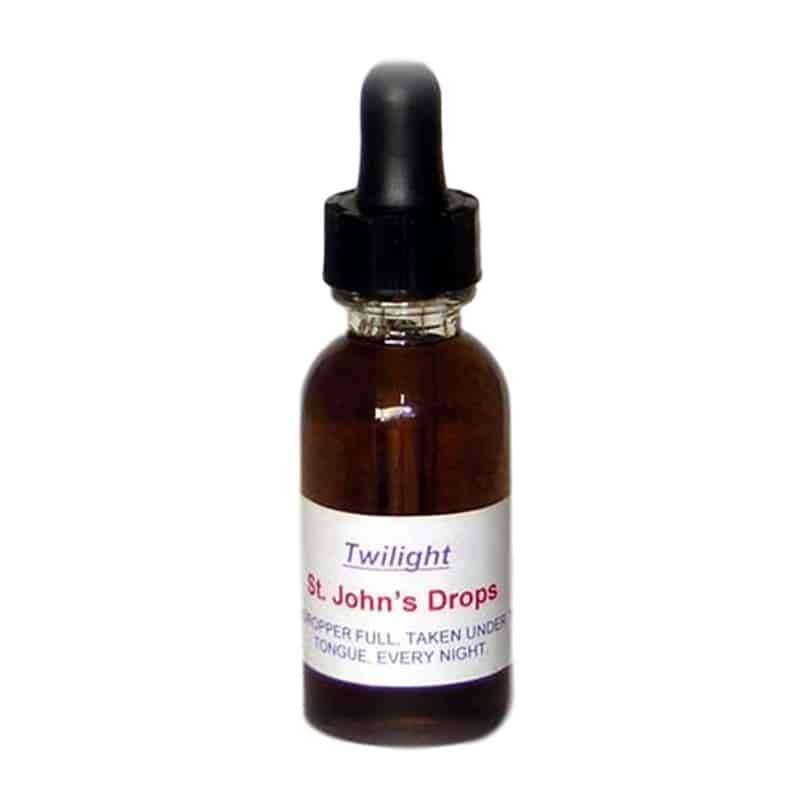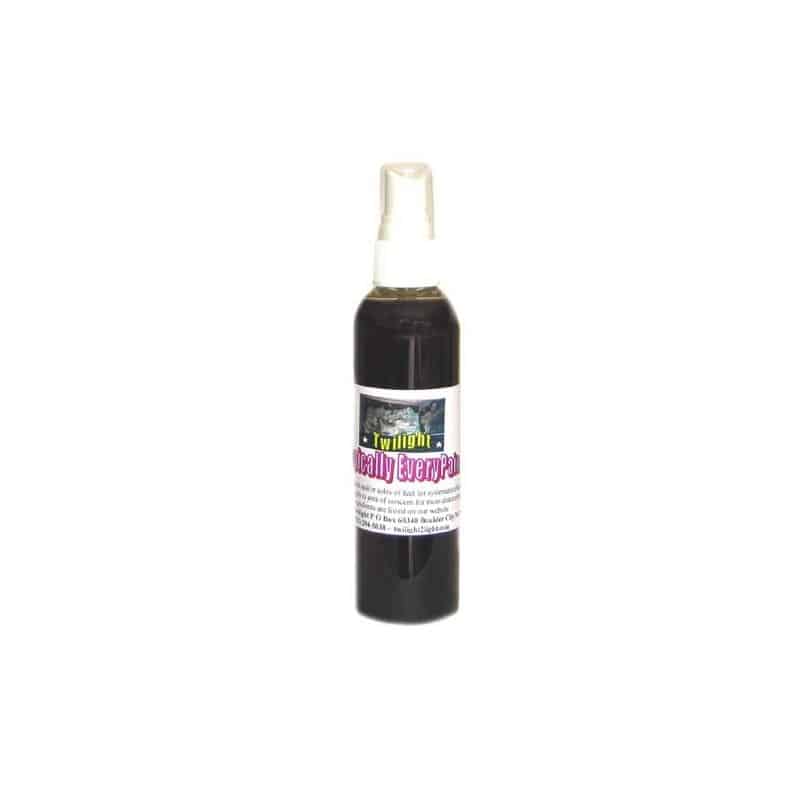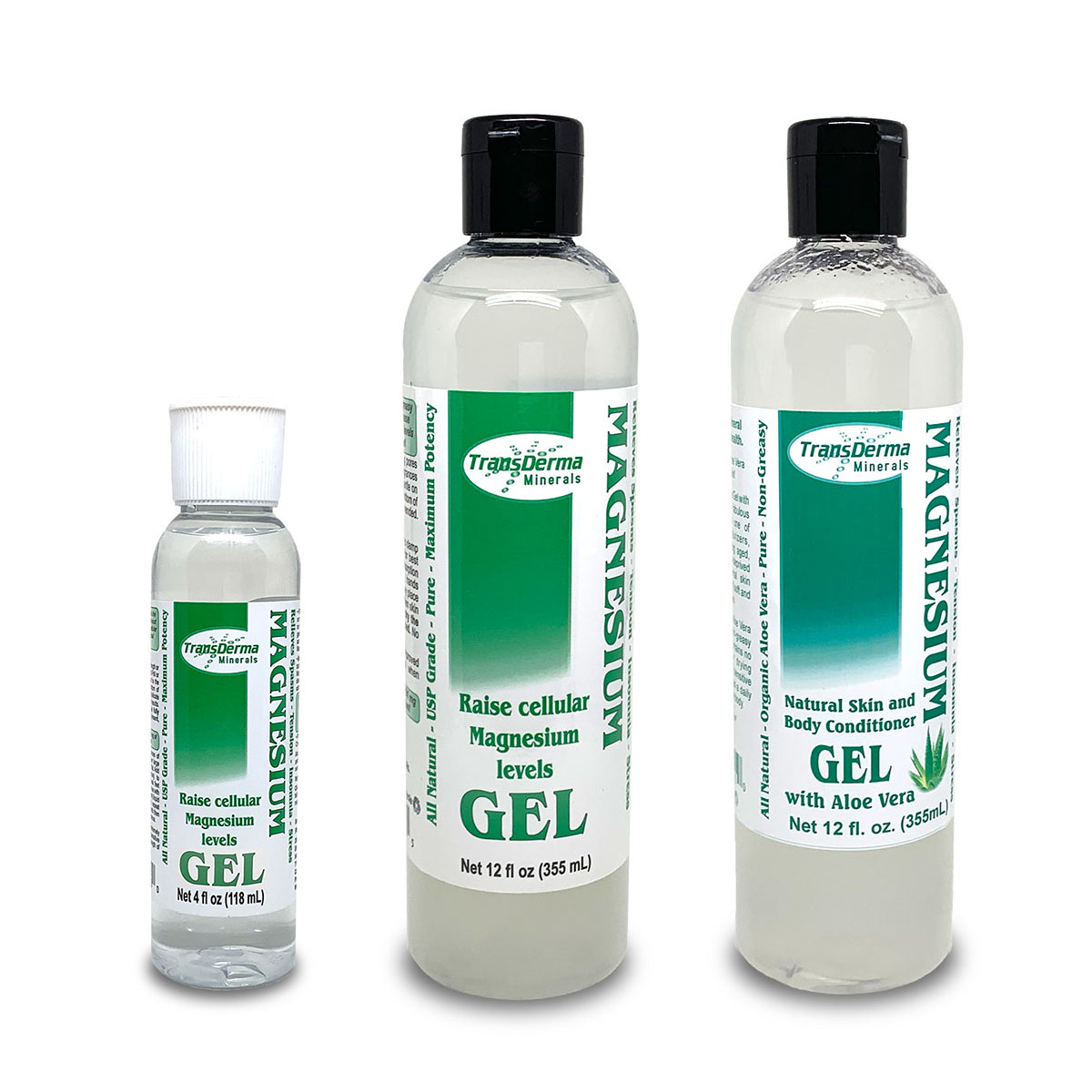No products in the cart.
St. Johns Wort (Hypericum perforatum, Hypericaceae)
Habitat: A native European, including British, plant.
Collection: The entire plant above ground should be collected when in flower and dried as quickly as possible.
Part Used: Aerial parts.
Constituents:
- Essential oil, containing caryophyllene, methyl-2-octane, n-nonane, n-octanal, n-decanal, a- and b-pinene, and traces of limonene and myrcene
- Hypericins, prenylated phloroglucin derivatives; hypericin, pseudohypericin and hyperforin
- Miscellaneous; flavonoids, () and (-) – epicatechin.
Actions: Anti-inflammatory, astringent, vulnerary, nervine, antimicrobial.
Indications: Taken internally, St. Johns Wort has a sedative and pain reducing effect, which gives it a place in the treatment of neuralgia, anxiety, tension and similar problems. It is especially regarded as an herb to use where there are menopausal changes triggering irritability and anxiety.
It is increasingly recommended the treatment of depression. In addition to neuralgic pain, it will ease fibrositis, sciatica and rheumatic pain. Externally it is a valuable healing and anti-inflammatory remedy. As a lotion it will speed the healing of wounds and bruises, varicose veins and mild burns. The oil is especially useful for the healing of sunburn.
Priest & Priest tell us that it is a sedative nervine for muscular twitching and choreiform movements – especially indicated for nerve injuries to the extremities and teeth/gums. Promotes elimination of catabolic waste products They give the following specific indications : Painful injuries to sacral spine and coccyx, traumatic shock, hemorrhoids with pain & bleeding, facial neuralgia after dental extractions and toothache, neurasthenia, chorea, depression.
Ellingwood considered it specific for muscular bruises, deep soreness, painful parts. A sensation of throbbing in the body without fever. Burning pain, or deep soreness of the spine upon pressure, spinal irritation, circumscribed areas of intense soreness over the spinal cord or ganglia. Concussion, shock or injury to the spine, lacerated or punctured wounds in any location, accompanied with great pain. In addition he recommends it for the following patholgies: tumors, caked breasts, enlarged glands, eccymosis, bruises, swellings.
Preparations & Dosage:
Infusion: pour a cup of boiling water onto 1-2 teaspoonfuls of the dried herb and leave to infuse for 10-15 minutes. This should be drunk three times a day.
Tincture: take 1-4ml of the tincture three times a day.
It can so improve one’s attitude, that in ancient tradition, it was thought to ward off evil. Phytonutrients hypericin and pseudo-hypericin inhibit enveloped viruses. Reduces anxiety, depression and feelings of worthlessness. Inspires ambition, careful thought and positive attitude. Useful in ulcers, menstrual cramps, correcting irregular menstruation, nightmares/restless sleep, bedwetting, wound and burn healing. Kidney and urinary tonic. Antibacterial and anti-inflammatory. Expels excess bronchial mucous. Helps the body dissolve and remove congealed blood from bruises and injuries.
Flavonoids & Tannins – Quercetin, Hyperoside, Rutin & Catechins, Anthraquinones including the Glycoside Pseudohypericin, plus Xanthrones, Monoterpenes, Sesquiterpenes & Beta Sitosterol. Pycnogenols (Grape Seed, Grape Skin, Persimmon & Pine Bark) (See also Cranberry and Bilberry) France, Italy, Germany & USA Also referred to as: Proanthocyanicides, Proanthocyanidins, Oligomeric Proanthocyanidins (OPCs), Proanthocyanidolic Oligomers (PCOs), Anthocyanicides, Anthocyanidins. Many times the antioxidant power of vitamins C & E. Important for cellular longevity.
Pycnogenols are a class of bioflavonoid phytonutrients found in many plants and fruits. Each source offers slight variances in advantage for particular uses. Benefits include overall youthful well-being, dramatically improved utilization of vitamin C, increased energy and capillary strength, decreased allergic reactions and reduced recovery time from illness, stress or exertion. Super-synergist with vitamin C, bioflavonoids and bilberry anthocyanidins for collagen synthesis for reduced skin wrinkles and firm youthful over all structure. Especially valuable antioxidant for protection of brain tissue and preservation of youthful mental activity.
Description
St. John’s Wort (also called Klamath weed) is a five-petaled yellow flower, which is especially plentiful in Northern California and Southern Oregon. The “St. John’s” name comes from the red color of the extract (from squeezed buds and flowers), which was associated with the blood of St. John the Baptist and the fact that the herb typically flower around the time of the feast of St. John. St. John’s Wort has been used since ancient times for everything from a “protector against evil spirits” (depression) and for wound healing to its most common present-day use as an antidepressant. The active ingredients in St. John’s Wort extract are unknown, but extracts standardized to contain napthodianthrone compounds such as hypericin and pseudohypericin along with phloroglucinols such as hyperforin and adhyperforin are known to be effective in alleviating mild to moderate depressive symptoms (see below). St. John’s Wort also contains various flavonoids and proanthocyanidin polymers.
Claims
- Eases symptoms of mild to moderate depression
- Stabilizes mood, including seasonal mood changes
- Increase energy levels (in some people)
- Controls appetite and Promotes weight loss (in some people)
- Improves tolerance to stress
- Improves sleep patterns in older people (caution: can interfere with sleep in some people)
- Aids in wound healing and in resistance to viral infection when applied topically
Theory
As an antidepressant, St. John’s Wort has been shown to inhibit an enzyme (catechol-O-methyltransferase) which degrades certain neurotransmitters such as dopamine. It has also been shown to inhibit serotonin re-uptake in the brain, and to reduce expression of interleukin-6 and gamma-amino butyric acid (GABA) uptake. Each of these actions can contribute to alleviating depression by slowing the recycling of neurotransmitters needed for maintaining emotional balance. As an anti-viral agent, St. John’s Wort has been reputed to inhibit replication of several viruses, including the Herpes simplex, HIV, and the virus that causes mononucleosis.
Scientific Support
Several clinical studies have been conducted to determine the efficacy of St. John’s Wort for those with mild to moderate depression. In one review of 23 randomized trials including nearly 2,000 patients with mild or moderate depressive disorders, 15 were placebo-controlled, and 8 compared the herb with a drug treatment. Extracts of St. John’s Wort were nearly 3 times more effective than placebo, and were comparable to prescription anti-depressants (with fewer side effects). Across the studies, fewer than 1% of those taking St. John’s Wort dropped out of the study, compared with a drop-out rate of 3% taking a prescription anti-depressant. Perhaps the most encouraging results were that in contrast to the high percentage of side effects (52.8%) in those taking prescription anti-depressants, only 19.8% of those taking St. John’s Wort experienced any adverse effects.
Other well-controlled studies comparing the St. John’s Wort extract LI 160 (from Lichtwer Pharma) to prescription anti-depressants such as Prozac (fluoxetine), sertraline (Zoloft), paroxetine (Paxil), imipramine, amitriptyline and maprotiline have all found St. John’s Wort to be comparable in effectiveness, but superior to prescription drugs with regard to tolerability. Overall, more than a dozen double-blind placebo-controlled studies have been conducted (mostly small studies) with the majority supporting the case for the effectiveness of St. John’s Wort in alleviating mild to moderate depression
In the one recent study in the literature that explored the use of St. John’s Wort as a retroviral agent for use in HIV-infected patients, over half of the patients discontinued treatment early because of severe cutaneous phototoxicity (skin sensitivity to sunlight exposure). Of those who remained in the study, there were no significant changes in virologic markers. It should be noted that HIV-positive patients should NOT use St. John’s Wort without specific advise and consultation of their personal physician, as the herb has been shown to almost completely inactivate the effects of certain antiviral medications (indinavir and other protease inhibitors). Although it has been alleged that, when applied topically, the herbal extracts of St. John’s Wort accelerate healing of even severe burns, and when orally administered, St. John’s Wort has been effective in the healing of several types of wounds, no scientific evidence could be found to support this claim.
Safety
St. John’s Wort is quite safe in terms of observed side effects, the most common of which are typically mild gastrointestinal upset, mild allergic reactions (skin rash), tiredness and insomnia/restlessness. There have been no published reports of serious adverse side effects from taking the herb alone and animal studies with large doses of St. John’s Wort have not shown any serious problems. The most commonly studied adverse effect of St. John’s Wort is its ability to cause photosensitivity, especially in fair-skinned individuals. This condition is reversible upon discontinuation of the herb. Thus, special care should be taken to avoid ultraviolet light, or to frequently apply sunscreen and wear sunglasses (due to an increased risk of cataracts) when it is necessary to be outside.
Other side effects include gastrointestinal symptoms, dizziness, confusion and tiredness, and tend to be equivalent in incidence to placebo Scientific studies conducted in vitro (test tube studies) have shown St. John’s Wort to be mutagenic and toxic to sperm, suggesting that it should not be taken when trying to become pregnant. On the flip side, St. John’s Wort has also been shown to interfere with the action of certain oral contraceptives (birth control pills) – an effect that may leave many women looking for an effective antidepressant herb! St. John’s Wort is not recommended for children, or for women who are pregnant or lactating. Although it is no longer believed that St. John’s Wort potentiates MAO inhibitors, consult your physician if you are taking MAO inhibitors or prescription anti-depressants before you take St. John’s Wort.
Although direct side effects from consuming St. John’s Wort appear to be quite rare, several recent reports have raised the possibility that the herb may interact with and decrease the effectiveness of various medications, including HIV drugs (protease inhibitors), immunosuppressants (such as cyclosporin for organ transplants), digoxin (for congestive heart failure), blood thinners (Coumadin/warfarin), chemotherapy drugs, (olanzapine/clozapine) and asthma medications (theophylline). If you are currently taking any of these, or other, prescription medications, DO NOT begin taking OR discontinue taking St. John’s Wort without first consulting your personal physician (abrupt withdrawal of the herb could increase blood levels of various medications, which could be dangerous in certain cases).
Value
St. John’s Wort appears to be helpful in about 50-60% of cases – but as with prescription antidepressants, the full effect takes about 4-6 weeks to develop. It is important to note that St. John’s Wort should NEVER be used for the treatment of severe depression (feelings of suicide, extreme inability to cope with daily life, severe anxiety, or extreme fatigue) – and physician-directed drug therapy may mean the difference between life and death. That said, St. John’s Wort is sold in a variety of forms, including tea, drops, tablets, capsules and even in a snack-chip form (no, we are NOT kidding). In tablet of capsule form, standardized St. John’s Wort, (300-900mg/day) typically costs between $20 and $30 per month – not a bad price for a relatively safe and effective dietary supplement for those with mild to moderate depression, anxiety, or seasonal affective disorder.
Dosage
The recommended dosage for St. John’s Wort is 900mg per day (300mg taken 3 times per day) of a 5:1 extract of the flowering tops and leaves standardized to contain 0.3% hypericin in a complex of other natural compounds, or 3-5% hyperforin (the main constituent which is thought to inhibit neurotransmitter re-uptake). Minimal treatment time is 4-6 weeks. St. John’s Wort is sold in the U.S. only as an herbal supplement, although it is marketed as a drug in Germany for the treatment of mild depression and anxiety.







